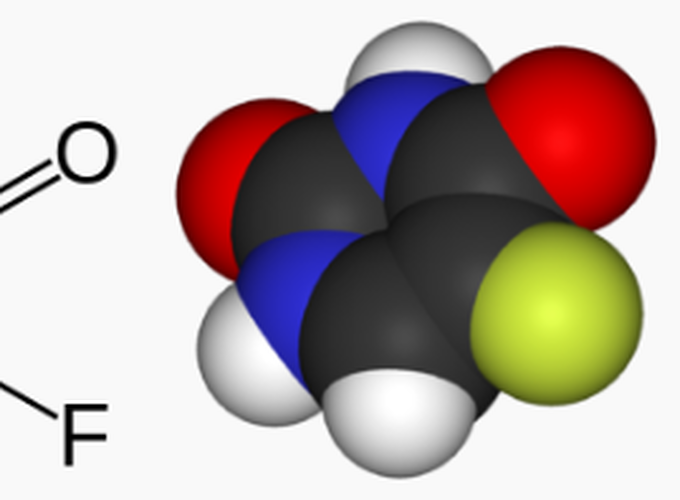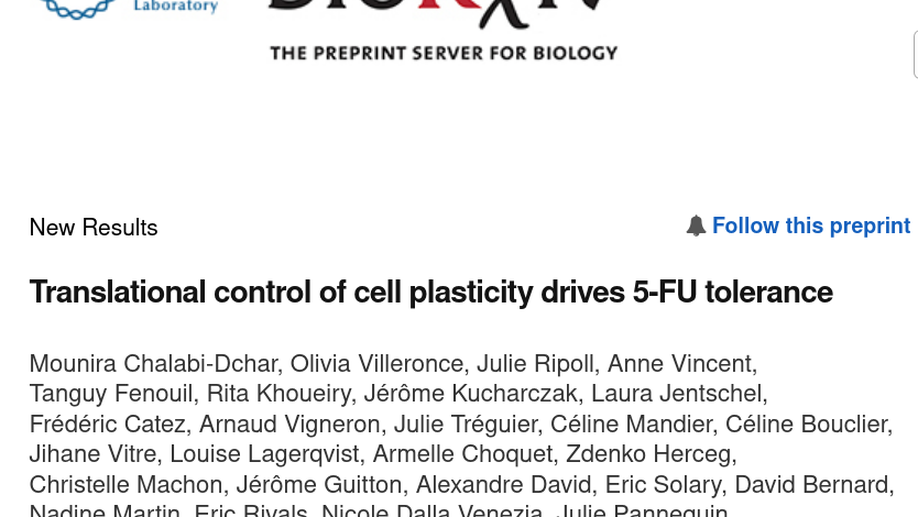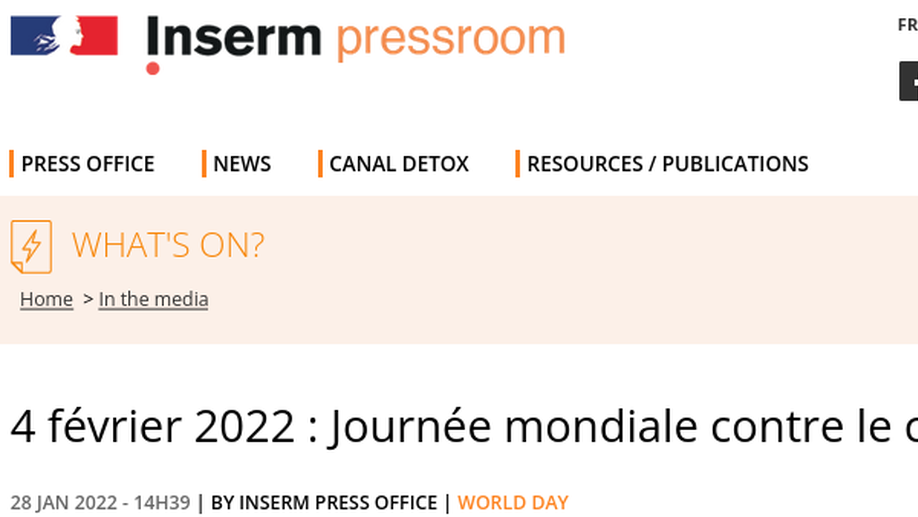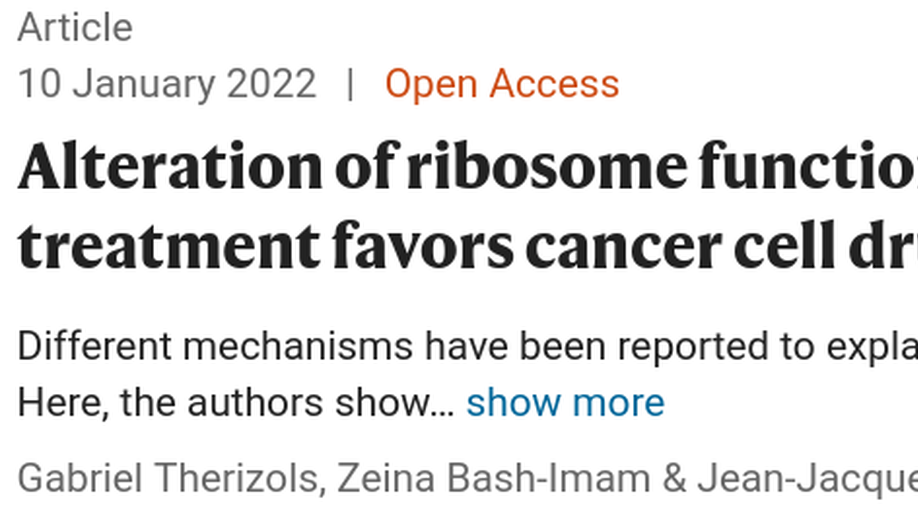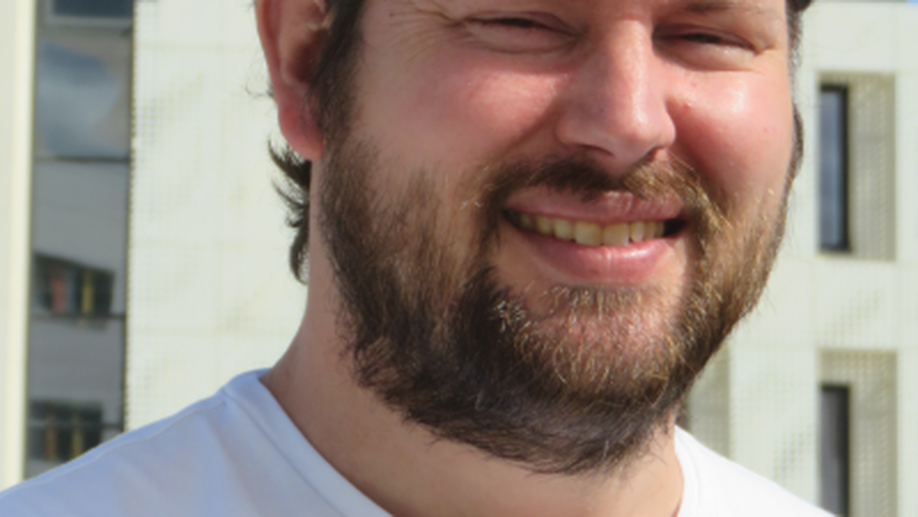Overview
Chemotherapy is widely used to treat cancer. Some chemical agent is the active principal of the drug. The most used chemical is known as 5-Fluorouracil (5-FU).
This project investigates the impact of the 5-FU on the behavior of cancer cells. It tries to determine whether it influences the way these cells build their proteins.
Scientific abstract:
The chemotherapeutic agent 5-Fluorouracil (5-FU) is the first line treatment for colorectal cancer (CRC) patients. Despite novel targeted therapies used in combination with 5-FU based on chemotherapies, resistance to these treatments and metastasis formation remain major challenges to overcome. Resistance and tumor dissemination are achieved by multi-step reprogramming of gene expression and require a tremendous cellular adaptability, a process known as plasticity. Translation is one of the last levels of gene expression regulation and ribosome is the major effector of translation. Therefore, resistance to 5-FU might be explained by the impact of 5-FU on ribosome and consequently on translation. Using CRC cell lines, Partner 1, Partner 2 and Partner 3 already showed that 5-FU (i) creates F-ribosomes (ribosomes having incorporated 5-FU), (ii) induces a global translational reprogramming, (iii) pushes cancer cells towards pluripotency-like phenotype. The objective of FluoRib is to demonstrate that the translational reprogramming induced by 5-FU incorporation in rRNA does explain 5-FU driven plasticity.
Funding
INCA (French National Institute for Cancer Research)

